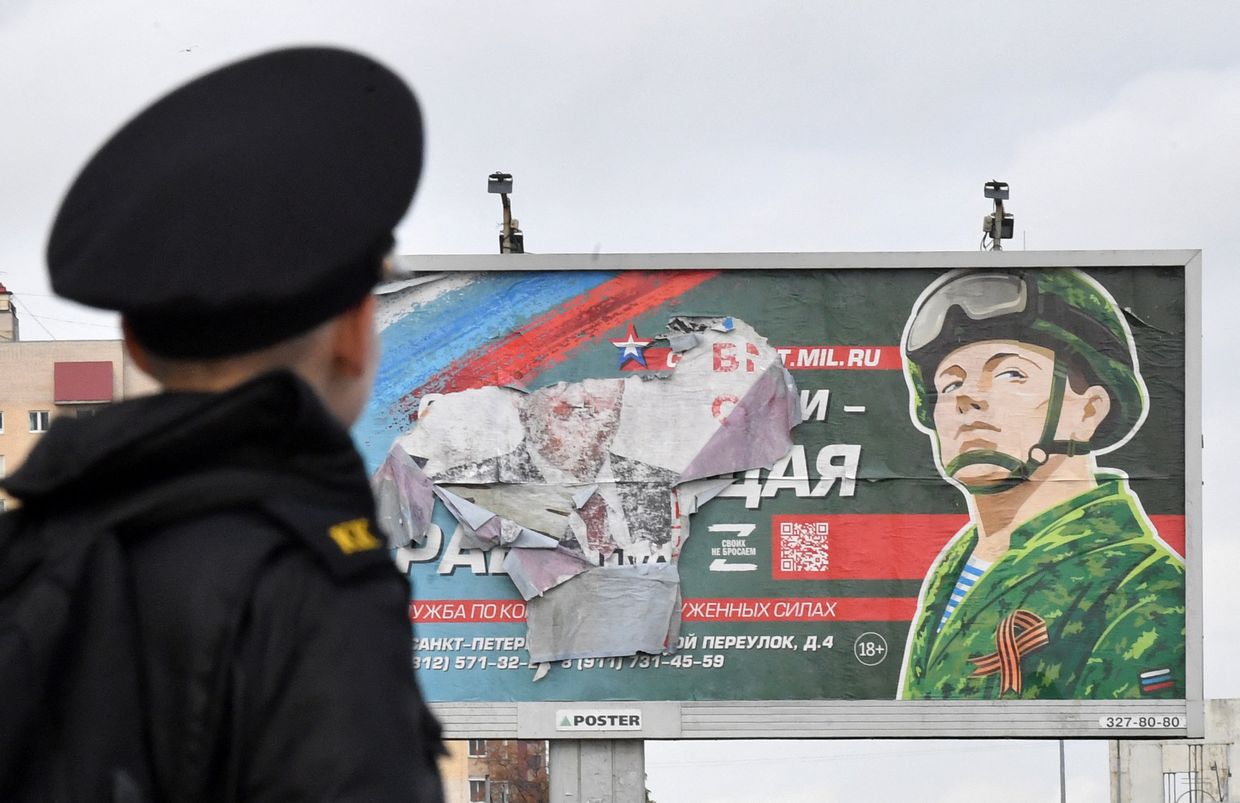Germany pledges $500 million for NATO-led US weapons supply to Ukraine

Germany will contribute $500 million to a NATO initiative supplying Ukraine with critically needed U.S.-made weapons, the alliance announced on Aug. 13.
The support will come through NATO's Prioritized Ukraine Requirements List (PURL) mechanism, which coordinates funding for Kyiv's most urgent battlefield needs.
NATO Secretary General Mark Rutte praised Berlin's decision, saying the announcement "underlines its commitment to help the Ukrainian people defend their freedom."
"I commend Germany for stepping up once again," he said. "Germany is the largest European contributor of military aid to Ukraine."
The PURL initiative pools contributions from NATO members to finance American weapons, munitions, and equipment from U.S. stockpiles.
Germany's pledge follows earlier commitments of about $500 million from the Netherlands, as well as contributions from Denmark, Norway, and Sweden.
The program stems from a July 14 agreement announced by U.S. President Donald Trump, allowing European countries to purchase American arms for Ukraine.
Germany, which committed a record 5 billion euros ($5.65 billion) in military aid to Ukraine in May, has faced criticism for slow weapons deliveries early in the full-scale war but has since become Kyiv's second-largest military backer after the U.S.











